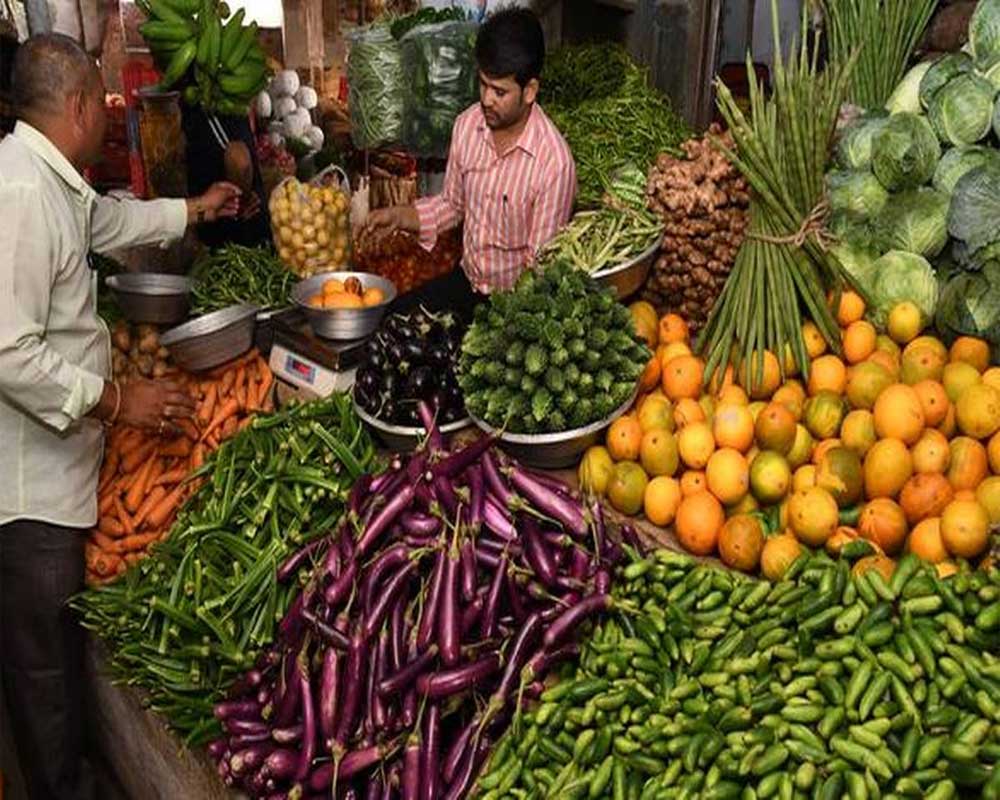New Delhi: Global food prices rose in May at their fastest monthly rate in a decade, even as world cereal production is on course to reach a new record high, the Food and Agriculture Organization (FAO) of the United Nations said.
The FAO Food Price Index averaged 127.1 points in May, 4.8 per cent higher than in April and 39.7 per cent higher than in May 2020.
A surge in the international prices of vegetable oils, sugar and cereals led the increase in the index, which tracks the monthly changes in the international prices of commonly-traded food commodities, to its highest value since September 2011 and only 7.6 per cent below its all-time peak in nominal terms.
The FAO Sugar Price Index increased by 6.8 per cent from April, largely due to harvest delays and concerns over reduced crop yields in Brazil, the world’s largest sugar exporter, even as large export volumes from India contributed to easing the price surge.
The FAO Cereal Price Index increased 6 per cent from April, led by international maize prices, which averaged 89.9 per cent above their year-earlier value. However, maize prices started to retreat at the end of May, mostly on improved production prospects in the US.
International wheat prices also showed a late-month decline but averaged 6.8 per cent higher in May than in April, while international rice quotations held steady.
A new Cereal Supply and Demand Brief offered FAO’s first forecast for world cereal production in 2021 — pegged at nearly 2,821 million tonnes, a new record and a 1.9 per cent increase from 2020, led by a foreseen 3.7 per cent annual growth in maize output.
World cereal utilisation in 2021/22 is predicted to expand by 1.7 per cent to 2,826 million tonnes. Total cereal food consumption is forecast to rise in tandem with world population, while an increased use of wheat for animal feed is also anticipated.
Abdolreza Abbassian, senior economist for the UN FAO, said that surprising demand for corn in China, an ongoing drought in Brazil and increased global use of vegetable oils, sugar and cereals have caused prices to surge rapidly around the globe, as per the report, CNN reported.
“The demand, really I would say, is almost surprising everyone. This demand requires a strong supply response. The demand has been quite robust in the vegetable oil sector in general,” Abbassian told CNN Business.
IANS

